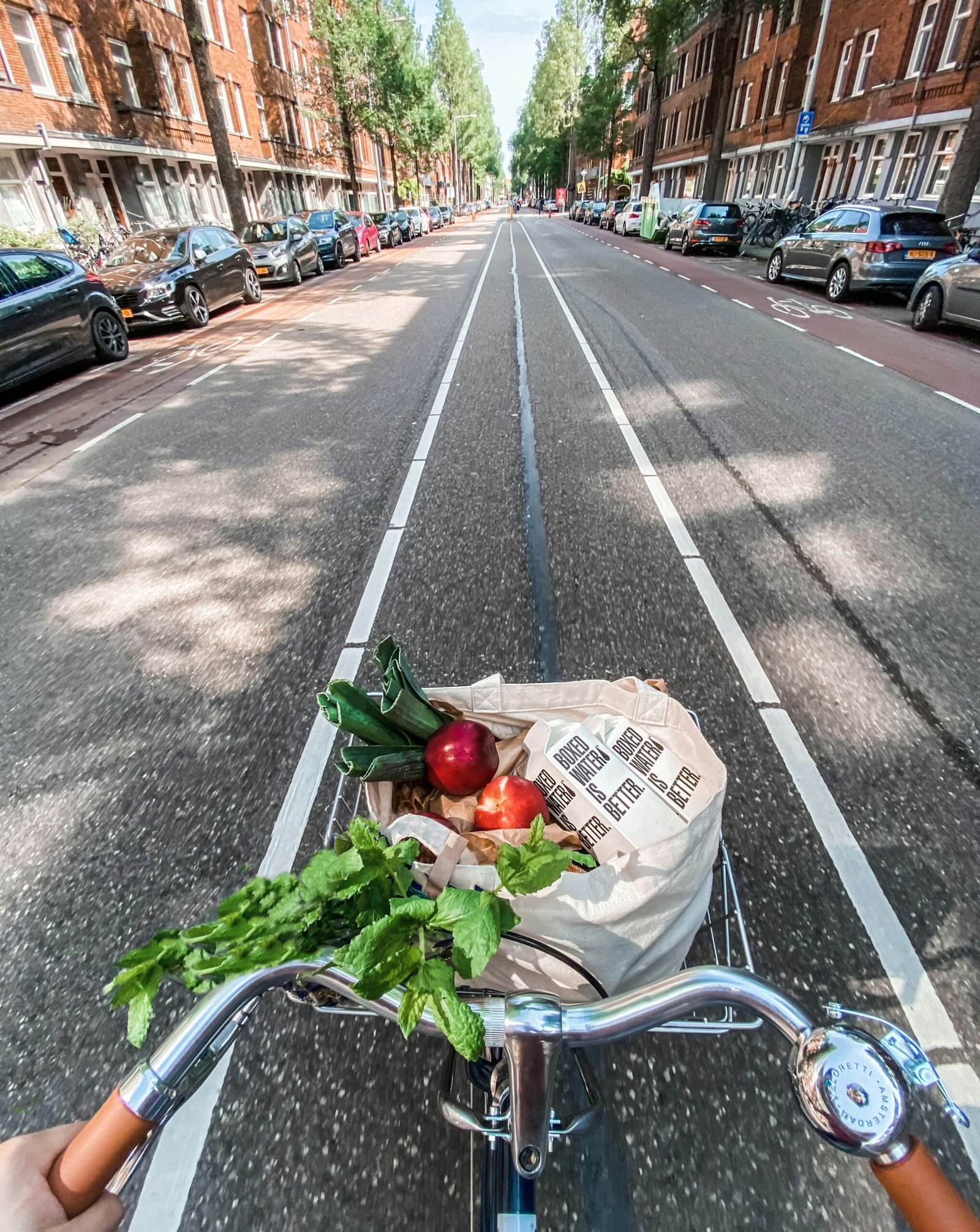
When it comes to healthy eating, there seems to be a new diet trend popping up every other week. From keto to paleo, it’s easy to get caught up in the latest fad. However, instead of focusing on short-term fixes, it’s important to create sustainable healthy eating habits that will benefit your body in the long run.
The Problem with Diet Trends
While diet trends may promise quick results, they often fail to address the underlying issues of unhealthy eating habits. Many of these diets restrict certain food groups or require extreme calorie counting, which can be difficult to maintain in the long term.
Additionally, diet trends often overlook the importance of balance and variety in a healthy diet. They may focus on eliminating certain foods entirely, rather than promoting a well-rounded approach to nutrition.
The Key to Sustainable Healthy Eating
Creating sustainable healthy eating habits starts with a mindset shift. Instead of viewing food as the enemy or something to be restricted, it’s important to see it as fuel for your body. Food is meant to nourish and energize us, not deprive us.
Here are some tips to help you create sustainable healthy eating habits:
1. Focus on Whole Foods
Instead of relying on processed or packaged foods, prioritize whole foods in your diet. These include fruits, vegetables, whole grains, lean proteins, and healthy fats. Whole foods are nutrient-dense and provide the essential vitamins and minerals your body needs.
2. Practice Portion Control
Portion control is key when it comes to maintaining a healthy weight and preventing overeating. Instead of mindlessly eating, pay attention to your hunger and fullness cues. Listen to your body and stop eating when you feel satisfied, not stuffed.
3. Find Enjoyment in Cooking
Cooking your own meals allows you to have control over the ingredients and portion sizes. Experiment with new recipes, flavors, and cooking techniques to make healthy eating more enjoyable. Get creative in the kitchen and have fun with your food!
4. Be Mindful of Emotional Eating
Many of us turn to food for comfort or as a way to cope with stress. However, emotional eating can lead to unhealthy habits and weight gain. Practice mindfulness and find alternative ways to deal with your emotions, such as going for a walk, meditating, or talking to a friend.
5. Practice Moderation, Not Deprivation
Allow yourself to enjoy your favorite foods in moderation. Depriving yourself of certain foods can lead to feelings of restriction and may result in binge eating. It’s all about finding a balance and incorporating treats into your diet in a mindful way.
6. Stay Hydrated
Drinking enough water is essential for overall health and can help curb cravings. Aim to drink at least 8 glasses of water a day and limit sugary beverages. If plain water isn’t your thing, try infusing it with fruits or herbs for added flavor.
7. Seek Support
Creating sustainable healthy eating habits can be challenging, especially if you’re doing it alone. Seek support from friends, family, or even online communities. Having a support system can provide accountability and motivation on your journey towards better health.
The Benefits of Sustainable Healthy Eating
By focusing on creating sustainable healthy eating habits, you’ll experience a wide range of benefits. These include:
- Increased energy levels
- Improved mood and mental clarity
- Weight management
- Reduced risk of chronic diseases
- Stronger immune system
- Better digestion
- Improved sleep quality
Remember, healthy eating is not about perfection. It’s about making small, sustainable changes that add up over time. So, ditch the diet trends and focus on creating a healthy relationship with food that nourishes your body and supports your overall well-being.